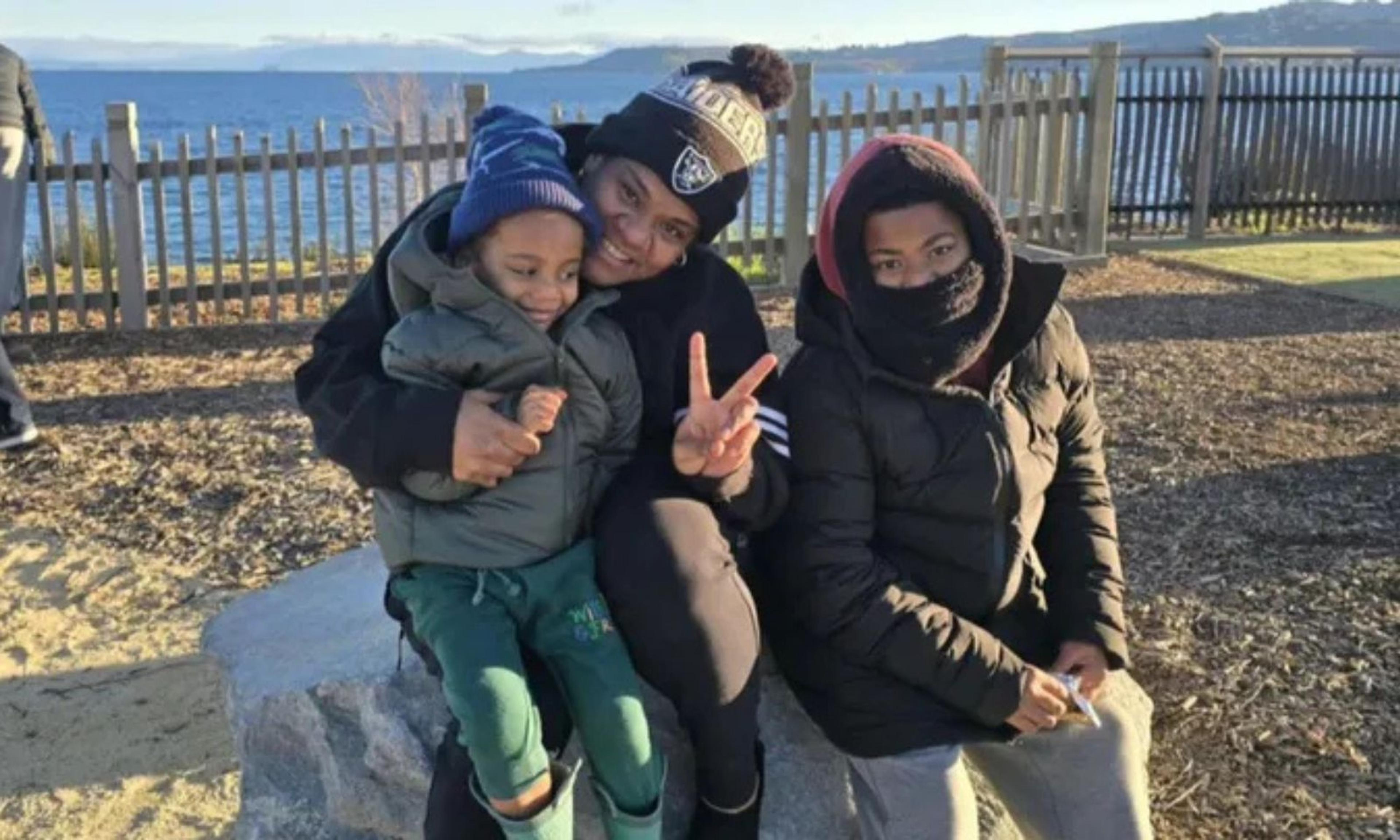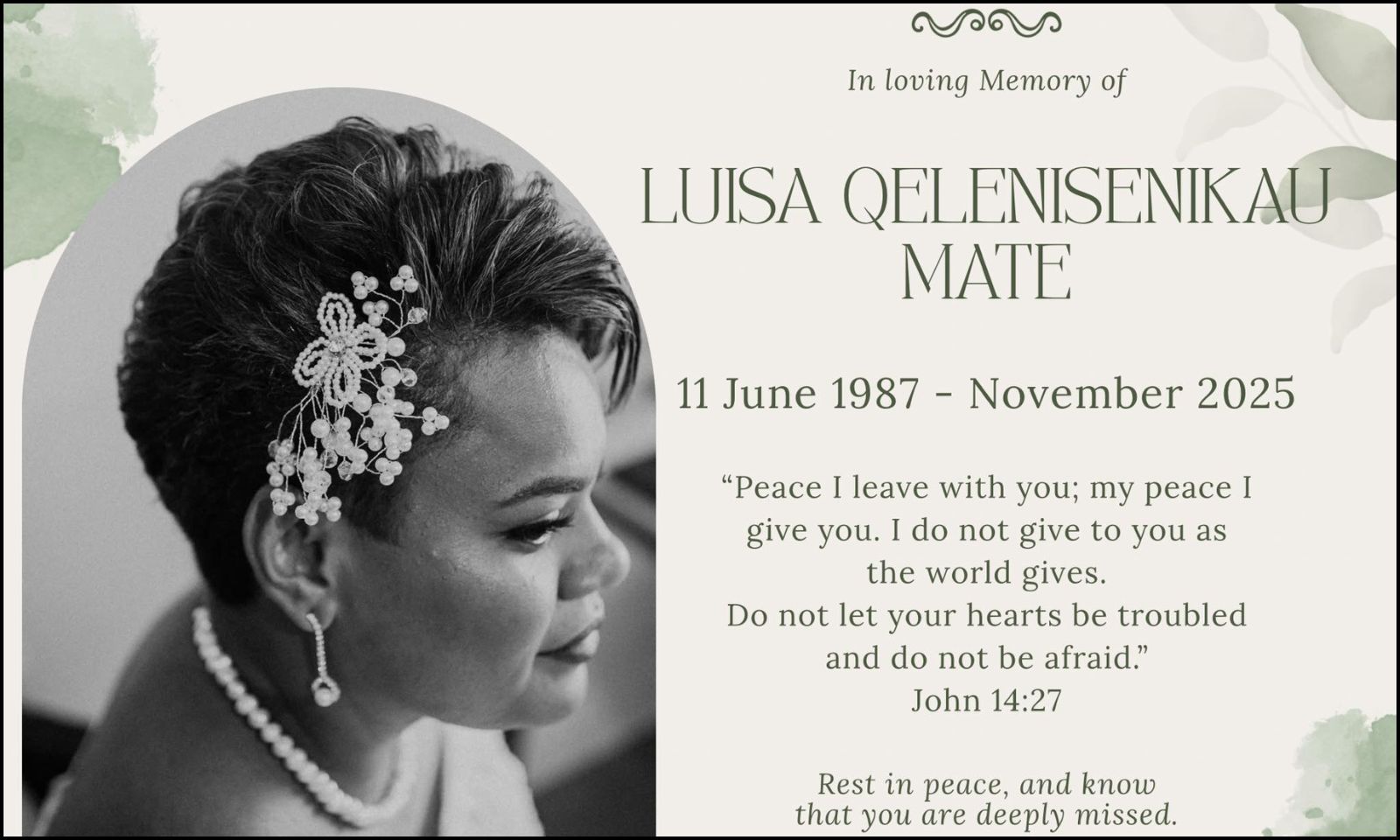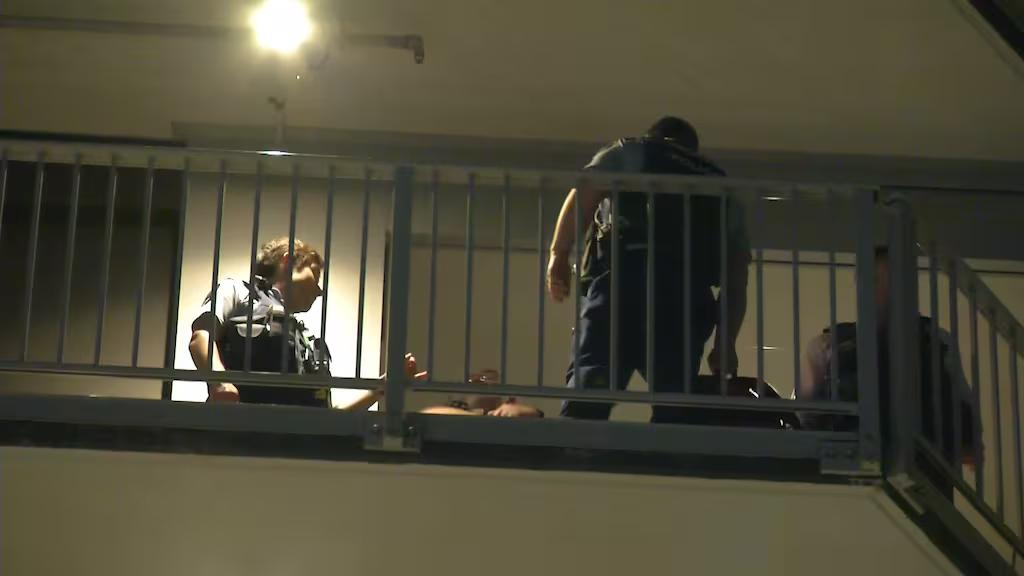

Luisa Mate was found dead in an apartment in Auckland last weekend.
Photo/GoFundMe/Semi Mate
‘Bring Luisa home’: Family’s plea after Fijian mother’s death in Auckland apartment
Thirty-eight-year-old Luisa Qelenisenikau Mate was found unresponsive in the complex and her whānau has appealed for help to return her body to Fiji.





Tyrun re-imagines Niuean love in smooth new R&B single ‘Fila’





Tyrun re-imagines Niuean love in smooth new R&B single ‘Fila’
A quiet crisis that gripped Auckland’s Fijian community has taken a hopeful turn.
The family of a 38-year-old Fijian mother, who was found dead last week in an apartment on Day Street, has now reached its fundraising goal to send her body back to Fiji for burial.
The body of Luisa Qelenisenikau Mate was found inside an apartment building in Tāmaki Makaurau after police were alerted to a possible incident.
In a statement, New Zealand Police say a 38-year-old man, known to Mate, has been charged with her murder and appeared in court on Monday.
“Our thoughts are with Luisa’s family and her children, for the loss they have suffered, and our investigation team is continuing to support them through the process," Detective Inspector Glenn Baldwin says.
“I’m still calling for anyone who has information and has yet to speak with us to come forward.”

Photo/Facebook/Semi Mate
Mate was described by her family as a loving mother, a devoted sister, and a hardworking professional who moved overseas so her children could have better opportunities.
“Luisa was the oldest of four siblings, a loving mother to her two beautiful boys, and a dedicated professional who worked hard to provide them with a better life,” her brother, Semi Mate, wrote in a GoFundMe post.
He launched the fundraiser to raise money to bring his sister’s body home. As of Thursday, the fund had raised just over $22,000, with a target of $18,000.

Luisa Mate on her wedding day in 2019. Photo/Facebook/Paul John Apted Naiyalatabua
“Through her hard work and determination, she was able to take her family overseas, always striving to give them the best opportunities possible," the post states.
"She was a light to everyone who knew her, caring, strong, and full of love."
The family’s greatest wish now is to bring Luisa back to Fiji to rest beside their mother.
“Unfortunately, the costs of repatriation, funeral arrangements, and related expenses are far beyond what our family can manage on our own. Any contribution, no matter how small, will help us bring Luisa home and give her the farewell she deserves,” Semi wrote.
New Zealand Police say the investigation is ongoing and have asked for public patience.
“We understand this is a deeply troubling time for the family and the wider community,” a spokesperson says. “We are working to provide answers and support for all who are affected.”
The involvement of the family’s plea to bring Luisa’s body back raises a different dimension to the story - one that goes beyond the alleged crime itself and into questions of migration, sacrifice, and homecoming rituals.
Her move to Aotearoa was part of a larger pattern. Like many Pacific families, Luisa lived and worked abroad to give her children a chance at education, stability, and future success.
But her family in Fiji earlier faced the burden of repatriation costs and the likely emotional toll of not being able to lay her to rest on the land she came from.
In Suva, the Fiji Police Force emphasises its commitment to justice, even when crimes happen abroad. A senior Fijian officer recently stated that the police force will “always ensure justice is met no matter where the crime was committed".
While this case is in New Zealand jurisdiction, the sentiment highlights the cross-border human cost when a Pacific person living overseas becomes a victim or offender.
For Luisa’s family, the focus now is both practical and deeply personal: bringing her home. “Our family’s greatest wish is to bring Luisa home to Fiji so she can rest close to our mother,” Semi says.

Police at the Day St apartment where Luisa Mate was found unresponsive. Photo/1News
The GoFundMe effort aims to cover transport, repatriation formalities, funeral costs, and travel for family members.
As the police investigation continues in Auckland, the wider Pacific community is watching, not only for the outcome of the criminal case, but for how a migrant mother’s death abroad may ripple back to her family, her culture, and her roots.
Luisa’s children, now without their mother, face an uncertain future. The community in Auckland that knew her remembers her as “a caring, strong, and full-of-love” presence.
Her family in Fiji remembers a sister, daughter, and aunt who left home to work hard so that the next generation might have chances she did not. Now they hope to complete the journey home in death that she began in life.
New Zealand Police data shows there were 86 homicide victims nationwide in 2023, but the number of victims from Pacific communities remains unclear.
While the official Homicide Victims Report 2023 gives national totals, it does not include a breakdown by ethnicity or country of origin.

Photo/NZ Police
That means there is no confirmed figure for how many people originally from the Pacific Islands, including Fiji, Sāmoa, or Tonga, have been killed in New Zealand this year.
Past reports, however, show Pacific people have been among those affected. A government study covering 2002 to 2006 found 17 of 141 family-related homicide victims identified as Pacific people.
More recent justice data shows that, of 80 people with murder charges finalised in 2024, 11 were Pacific, though those figures relate to offenders, not victims.
Police say ethnicity details are not always made public, especially when investigations are ongoing or before next of kin have been notified.
Stats NZ also notes that deaths are officially recorded by broad ethnic groups such as “Pacific peoples”, rather than by specific nations.

Fiji Police Force emphasises its commitment to justice, even when crimes happen abroad. Photo/Fiji Police/File
Community leaders say that the gap makes it harder to understand the scale of violence affecting Pacific families.
“We need better data so we can respond properly and protect our people,” one Pacific advocate told local media.
Despite limited statistics, groups across New Zealand continue to call for more support and prevention work within Pacific communities, as police homicide investigations, including recent cases involving Pacific victims, continue nationwide.